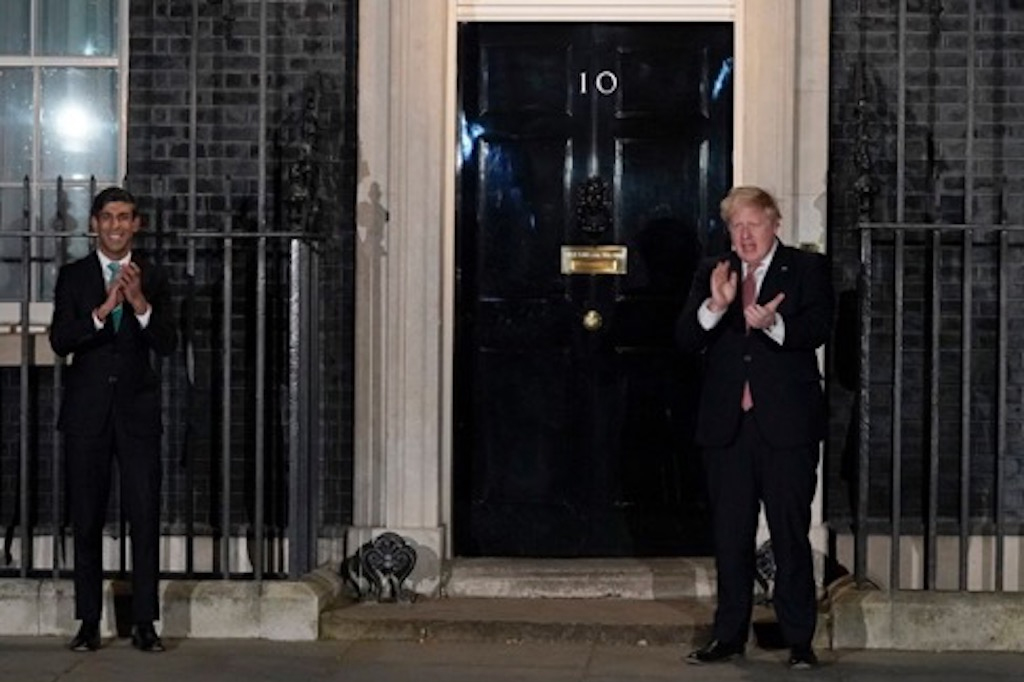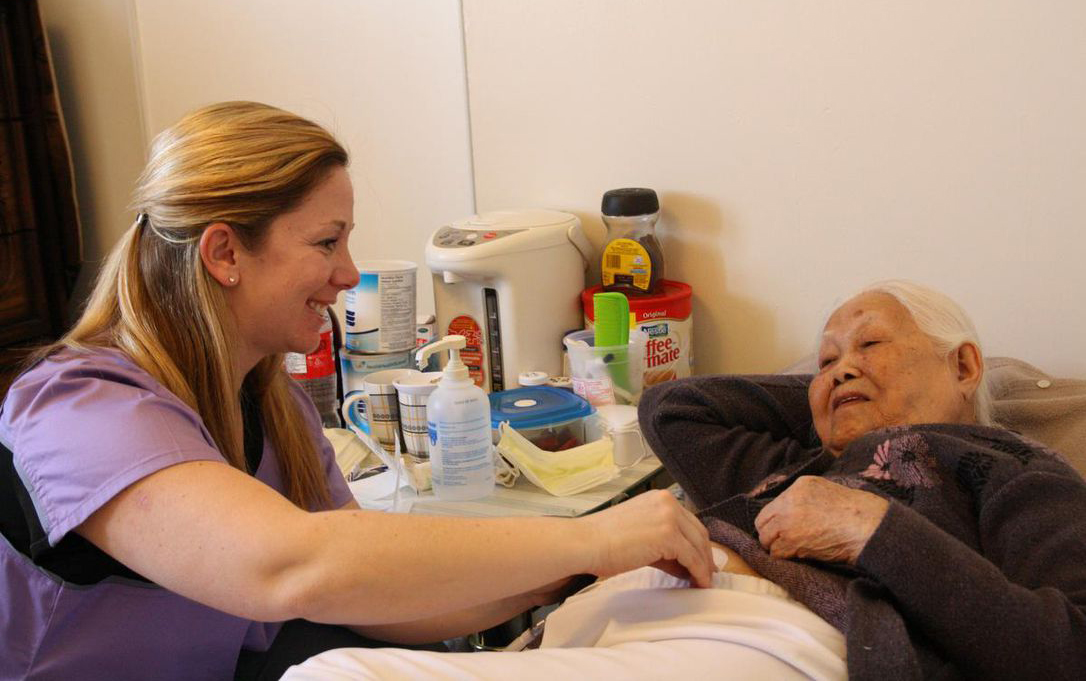
Written by Peter Ellis
This is part two of an article series on Covid-19 and the NHS. Part one is available here.
Avoiding Surge 4
Boris Johnson’s attempt to placate and please the right-wingers in his party has ultimately extended the duration and cost of the pandemic. As we’ve seen in the recent budget, the chancellor faces a crippling double whammy of the pandemic and Brexit. He has to ensure that there is no surge 4, to hope for any semblance of growth before the next election, and Europe.
If the humanity argument of the UK’s extraordinarily high number of Covid-19 deaths does not convince the government to act, it will hopefully be moved by the economic consequences of their failed strategy. The Office for Budget Responsibility has shown that the UK is likely to suffer a 90 percent deeper decline in economic output than the other G7 countries, while the cost to the UK government will be 80 percent more than those G7 economies.
We must recognise which jurisdictions and strategies have worked so far in tackling the pandemic. There are two main initiatives to be celebrated.
The NHS quickly observed ways to help minimise deaths, particularly among the elderly and those with pre-existing conditions. Deaths have ultimately been kept at a lower level than was expected by, for example, Imperial College who had predicted 250,000 deaths by this winter. Advances in the care provided by the NHS reduced the consequences of the government’s negligent ‘herd immunity’ approach. The ‘declared state of emergency’ also enabled the NHS to free itself from the usual bureaucratic processes and take necessary steps/risks without the fear of retribution.
The vaccine team must also be celebrated. The UK Bio Industry Association brought together a team of industry experts including Clive Dix and Ian McCubbin, who have 60+ years of experience in manufacturing pharmaceutical products. Their foresight enabled the team to start working in February 2020, shortly after the first diagnosed Covid-19 cases. In April, this was formalised and became the ‘vaccine task force’.
Given its predominantly industry-expert makeup, the team was also freed of bureaucracy. This allowed them, without much oversight from government, to act freely and thus pick mainly winners in the vaccine race. They were also able to secure orders ahead of other countries, pushing the vaccines through regulatory approval, much to the envy of other jurisdictions. Their successes, without the influence of government, are astounding, putting Whitehall to shame for its disastrous protective clothing affair and the disappointing track and trace system.
Regretfully, their working outside of the Westminster bubble caught up with them and their chair, Kate Bingham, was pushed out in December. According to The Times, the task force is now being brought under close control of Whitehall. We owe it to the individuals, who suffered and died at the hands of our ineffective or delayed responses, to not repeat our previous errors.
Initiatives to keep a handle on the pandemic
Last October, Devi Lalita Sridhar of Edinburgh University, an American-born scientists and public health adviser, articulated the key activities required to not lose the benefits gained so far: “There were three things: the first is a robust test and trace system. The second was really good guidance and effective communications policy: The third thing, and this is where Europe struggles the most, is around border controls”.
We are performing poorly on all three of the key initiatives. Our test and trace system, which has had two attempts to succeed, continues to struggle. The government communication strategy is not much more than cheesy daily briefings with corny messages. And we still haven’t fully sealed off the country’s borders. Our reckless rush to reverse restrictions in early summer 2020, and again in time for the Christmas holidays, has been our undoing.
As Professor Sridhar noted, we are not taking advantage of our greatest asset: we are an island. If we look at other islands – Australia, Japan, New Zealand, Singapore, Taiwan – their success lies in their exploitation of their lack of multiple land borders, and their imposition of strict entry rules. They may have seemed draconian at the time, but who’s laughing now!
The last thing we need is the government to rush the return to normality in the next few months. We need leadership in the interests of the country, not behaviour that is to satisfy an individual’s and party’s ego needs and insecurities.
Critical success factors
The structural and cultural issues that have led to the relatively poor UK performance in managing its response to the pandemic continue to be at the heart of our problems. The PM’s decision to personally manage the pandemic has made them worse.
At this critical moment, we need bold leadership that will not necessarily be popular. There are three crucial requirements to help avoid a further surge.
1. Use of Technology
The failure of Track and Trace should not restrict the potential role of technology in managing the pandemic. Its problems were predominantly related to the centralist approach and infighting between the silos within the English healthcare structure. The use of apps and technology could enable efforts to address many of the challenges that have been laid bare.
Within the UK, there is a need for technology that can be customised to the needs of particular communities, campaigns or at-risk groups. The BMJ study in Leicester looked at 19,000 staff at the Leicester NHS Trust, who had all been offered a vaccination. Some 71 percent of white staff took up the vaccine, compared with 59 percent of South Asian staff and 37 percent of black staff. This demonstrates the need for local targeted, customised approaches, using evidence-based techniques and technologies that can engage specific audiences.
2. Communications
The current failure in this important requirement is bemusing and embarrassing. The prime minister’s office had, in Cameron’s day, a major behavioural modification unit. The unit was informed by the Nobel Prize winning work on effective ways of modifying behaviour among diverse populations, using ‘nudge’ theories.
The research showed sustained behaviour change rarely extends beyond a few days using traditional approaches. Conversely, campaigns and ‘nudges’ based on “irrational economic theory” show sustained 60–70 percent compliance after 18 months. This approach allows specific targeting of different ethnic and socio-economic communities. Such an approach is the antithesis of the current and failed ‘one size fits all’ method.
The government has announced £100m to support children, adults and families achieve and maintain a healthier weight. And it has appointed Sir Keith Mills, the founder of Nectar, to advise on a new incentives and reward approach to encourage healthy behaviours. It is both interesting and ironic as they previously had such a unit. My fear is, as with many earlier announcements, it is just window dressing.
3. Leadership and Trust
In a book to be published 18 March by Jonathan Calvert and George Arbuthnot, The inside story of Britain’s Battle with Coronavirus, the chaos of the response to the first wave of the pandemic and the arbitrary rules that were secretly imposed, determining who lived and who died, are laid bare. These rules determined, mainly by age, who would have access to intensive care and/or be prematurely discharged. All of which contributed to our extraordinarily high death tolls.
The book highlights the “unofficial” missives and policy documents that were released without public awareness. It is reflective of the “command and control” culture. As it is now in the public domain, it further erodes trust in official statements. It also explains why there is a delay/resistance to any review of lessons to be learned.
A recent article in Atlantic Magazine noted that Johnson has paid the price of his inaction, delays and too sudden removal of restrictions. The article commented that his only salvation politically, would be to shift blame on to the impact of the “Kent” mutation in the hope that he and his government’s prior errors, would be forgotten. But “Virus mutations are directly affected … by the size of the virus population”. Hence, by not managing the spread of the pandemic we provided the ideal environment for a mutation.
One thing is clear, our government and the prime minister rate low on trust – whether it’s because of his and his advisers’ ‘do as I say, not as I do’ behaviour, or the argument his lawyers put forward that, “the truth isn’t always what’s expected from politicians”, as their defence at the High Court of his fictional £350m per week saving from Brexit. Rachel Sylvester, a political columnist for The Times, likened our PM to Groucho Marks: “These are my principles – if you don’t like them, well I have others”.
Paradoxically, the UK’s success in getting the vaccine out ahead of many others, has the potential to make individuals and the government believe we are protected and can relax. But we can’t rely solely on the vaccine. We are months away from full rollout, and the efficacy of its sustained protection, particularly against the newer mutations is still unclear. We may see repeats of the ‘time to party’ and inappropriate socialising that set us back previously.
The government must put aside libertarian views and err on the side of caution. We all recognise the terrible knock-on effect of the pandemic to people’s lives, economically and emotionally, but acting in haste has already prolonged the agony.
The prime minister’s aspiration is to emulate Winston Churchill. To date he is more likely to be remembered as a clone of Neville Chamberlain, the ultimate appeaser.
Author’s BIO
Peter Ellis has over 40 years of experience in the strategic development, managing and advising of health organisations in the UK, the Americas and Europe. He is currently an Executive Advisor to SweatCo Ltd, Bio Conscious Technologies and Motilent.
Previously Peter Ellis has led strategic consulting assignments in Pharmaceutical, Private Equity, Biotech, Health IT and Medical Device organizations, as well as for governments, payer and provider organizations.
He was instrumental in the development of the concept of “Academic Health Science Centres” in the UK and advised Imperial College, Kings College, QMUL, The Bart’s and London Hospital and the Darzi review.
Before his return to the UK, Peter Ellis had a long (20+ year) career at Sunnybrook Health Science Centre, Toronto, which he led as President & CEO, through a dramatic period of growth, during its transition from a Veterans Hospital, to an internationally recognised health science centre, specialising in cancer, heart disease, trauma, mental health and care of veterans and the elderly.







